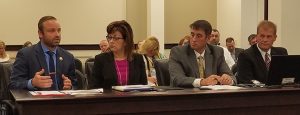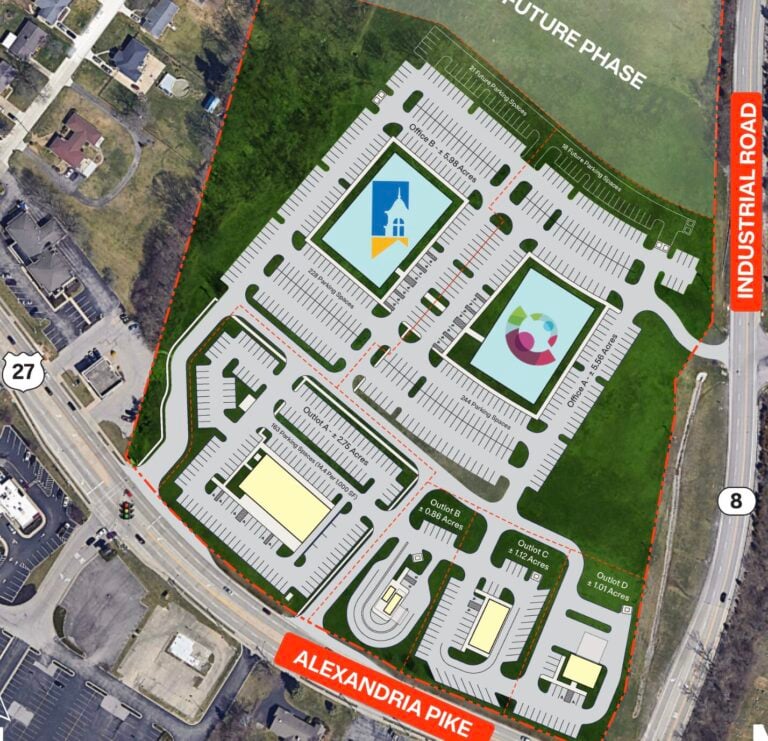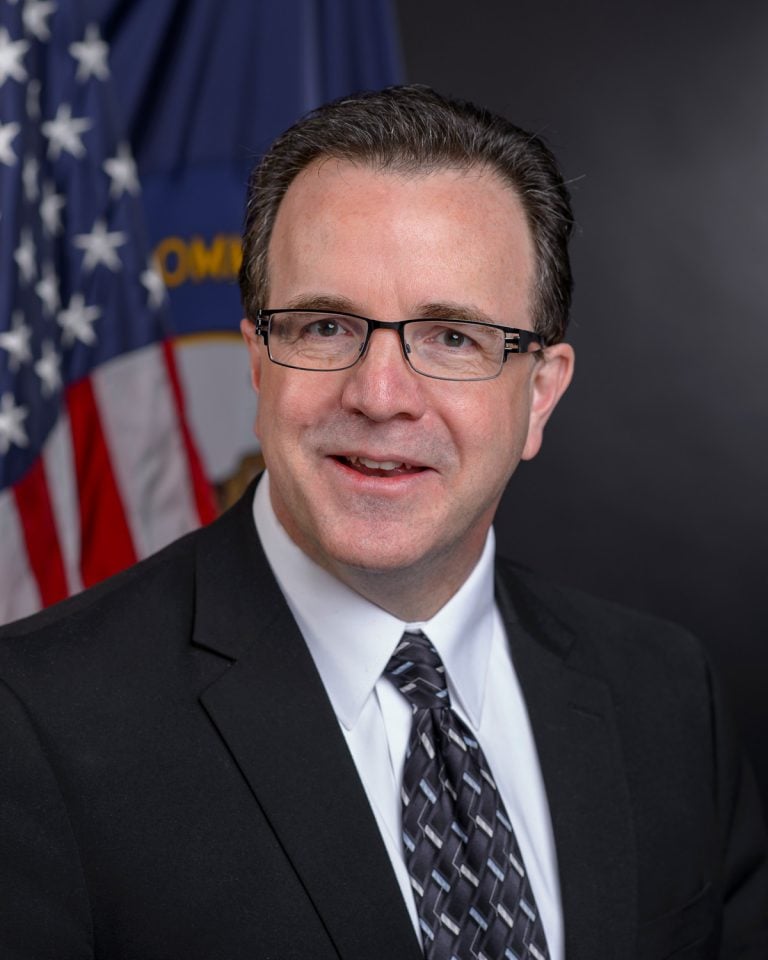By Tom Latek
Kentucky Today
Kentucky’s Medicaid program faces a massive shortfall over the next two years, according to a presentation made to a legislative committee Thursday.

Cabinet for Health and Family Services officials appeared before the Budget Review Subcommittee on Human Resources and said that Medicaid finished the 2018 fiscal year, which ended June 30, with a $483 million surplus, $436 million of which was federal money and the other $47 million in state agency funds.
But the outlook for fiscal year 2019 projects a $156 million shortfall in state funding and another $140 million the following year, totaling $296 million over the next two years.
Cabinet Secretary Adam Meier told lawmakers they are limited on how they can deal with the deficit. “We can reduce benefits, we can look at delivery system reform, the cost of delivering benefits, or we can look at cutting reimbursement rates,” he said.
Another possibility is tightening eligibility for Medicaid recipients, Meier said. “We have mandatory population groups that every state must cover and you have optional populations. So we have to look at those populations within the appropriations we have.”
He said there are several factors that could reduce the shortfall including the Kentucky Health program, which includes a community engagement requirement but has been thrown out by a federal court and is on appeal and a new projection of state revenue by the Consensus Forecasting Group, which will be issued this fall.
“In the next five months we’ll have better information to be able to evaluate what the options are that we have,” Meier testified to the panel.
Lawmakers also heard from the Department for Community Based Services on the state’s kinship care program, where qualified relatives can receive financial assistance for children who have been placed in their care, similar to foster parents.
Eric Clark, DCBS commissioner, told the committee the program began in 1999 and paid relatives $300 per month, as an alternative to foster care. However, a moratorium on new children in the program was implemented in 2013 after expenditures exceeded $40 million and the state was experiencing financial difficulties.
Federal legislation, known as the Family First Prevention Services Act, will pay states for evidence-based prevention services and programs. The program becomes mandatory in October 2021, but Clark said he hopes to implement it in Kentucky this fall.
A 2017 federal appeals court decision treats relative caregivers the same as a foster parent, so Clark said the state has begun accepting applications once again. A total of 23,000 inquiries have been made, as of Aug. 10, with 1,012 relatives being notified of eligibility.

















